You’d be excused for thinking that HR professionals would be expert interviewees. After all, isn’t a big part of their job supposed to be hiring people? Shouldn’t they know the questions that they’re going to be asked and the model responses to shoot back? And won’t they have a reasonable idea of exactly what a prospective employer is looking for and how to present themselves and their skills in the best possible light?
That’s not my experience. In fact, sometimes the reverse is true. When it comes to sitting on the other side of the interview table, HR professionals can be poor performers. Here’s why I think that is.
1. HR professionals aren’t naturals at selling
Despite being in a people profession - or perhaps because of it - I find that many HR people are inclined to be a little self-reflective. That means they tend to judge themselves harshly: the last thing they want is to come across as boastful or arrogant. Selling themselves in the interview process can go against every fibre in their body.
2. HR professionals don’t like other people selling either
Having worked in recruitment for more than a decade I know all about this one... The last thing most HR people want is to be sold to and the slightest hint of hyperbole can lead to the door being pushed firmly closed. I think this can make them hold back in the interview process and hope that their experience sells itself without them having to. Big mistake.
3. HR professionals are too familiar with the subject matter
You know what they say: familiarity breeds contempt. When you’ve interviewed thousands of people in your time, shouldn’t you know it all without needing to brush up? Not if you want to get the job, especially when you consider...
4. HR professionals sometimes don’t know as much as they think they do
It’s one thing to be complacent when you know a field inside-out but my experience is that many HR professionals don’t know recruitment as well as they think. And the more senior they get, the worse that disconnect becomes. I say this because many HR professionals see recruitment as operational rather than strategic and that can mean they don’t recruit or they’re not that interested in it. In fact, HR generalists often list recruitment as the least favourite part of their role.
5. HR professionals find the interview process too unstructured
You spend hours and hours planning the hiring criteria for roles in other sections of the organisation. Their candidate selection process combines technical skills, rigorous behavioural typing and maybe even a psychometric test. But when it comes to hiring a fellow HR professional? Well, that can be done over a few cups of coffee and a ‘getting to know you’ chat. Don’t get me wrong, I think there’s often good reason for this approach. In interviews for HR roles, having the technical skills is often a given, so the interview process naturally emphasises ‘fit’. But the casual nature of this can lull some HR people into a false sense of security. That can lead them to treat the interview as an exchange of information with a colleague, in which they unwittingly reveal more than they usually would.
6. HR professionals forget to talk value
It’s one thing to be able to talk about your achievements. It’s another thing altogether to put those achievements into the context of how they helped your employer’s bottom line. Modern HR people need to be able to talk about their work history in dollar terms, especially when there’s a finance person - such as the CFO - involved in the hiring process. While we’re on that topic, I’ve noticed that when it comes to explaining what they’ve done some HR people can fall back on the jargon of their profession. That never impresses a prospective internal client. Layman’s language, please.
7. HR professionals talk too much
I find that most HR professionals are passionate about what they do. They don’t mind talking about the detail of their jobs in, well, infinite detail. They do this believing that the person conducting the interview will step in when they need to hurry things along. But most interviewers are far too polite to ever do something like that. A long interview, isn’t necessarily the sign of a successful one. Getting to the point and explaining what you bring succinctly is always best.
8. HR professionals are too qualified
I find this one usually cuts one of two ways: HR people either have so much experience they find it difficult to know what to include and what to leave out, or they assume that their wealth of experience means they should never have to leave the wheel that’s steering the ship. The reality is that even the most senior HR practitioners sometimes need to be hands on. They also need to know which parts of their job experience are relevant and what they should leave out. After all, the most in demand candidates are always the ones who show a willingness to complement their strategic mind with a propensity to get their hands dirty with senior operational duties. That includes mopping up urgent employee relations matters and similarly sensitive tasks.
Want more?
So there you have it, 8 reasons why I think HR professionals don’t always perform well when it comes to job interviews. And the good news is that every one of them is easy to overcome, it just needs a little practice, a little thought and an admission that the interview process isn’t easy as always as it looks, no matter how many time we’ve done it.
Get in touch if you’d like to find out how you can become a better interviewee, or if you’d like to access the very best HR candidates for your business.
Matthew Mayoh is a HR Recruitment specialist operating in the Sydney market.

